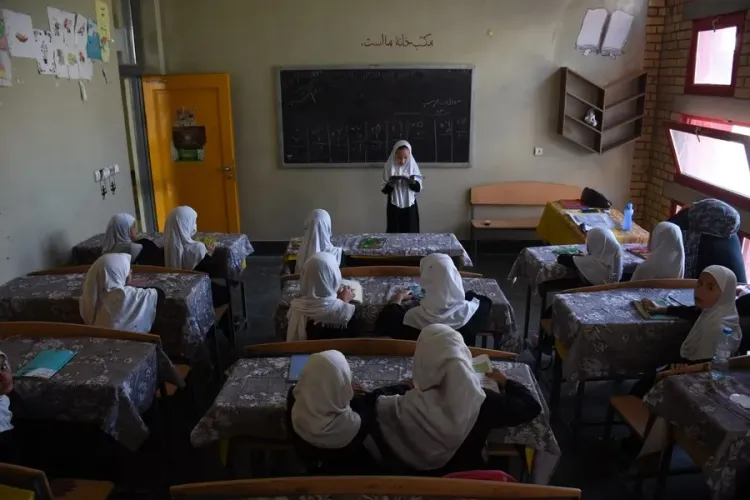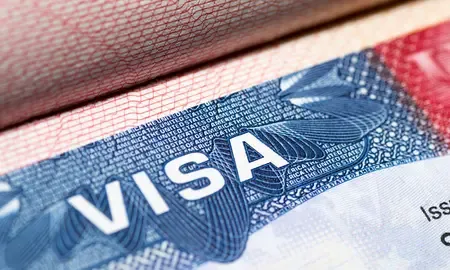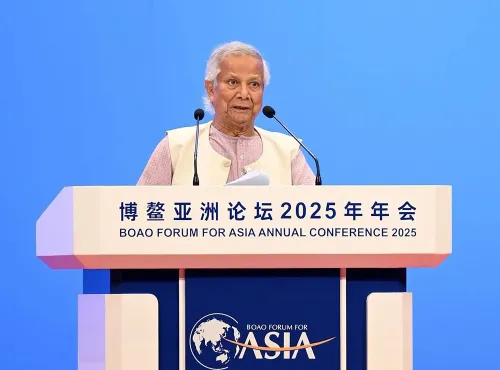Is the UN Advocating for Education Rights of Afghan Girls?

Synopsis
Key Takeaways
- UN calls for equal educational rights for Afghan girls.
- Restrictions threaten human rights and development.
- Over 90% of Afghans support girls' education.
- Education is vital for a sustainable future.
- Investment in women’s mental health is crucial.
Kabul, Sep 8 (NationPress) The United Nations emphasized the need for equal educational opportunities for girls in Afghanistan, asserting that ongoing restrictions on women's education pose a threat to human rights, development, and the country's future.
Roza Utunbayeva, head of the UN Mission in Afghanistan (UNAMA), commemorated International Literacy Day by advocating for educational access, particularly for Afghan women and girls, as reported by Afghanistan's premier news outlet Khaama Press. While addressing the audience in Kabul, Otunbayeva highlighted that books serve as a vital source of knowledge and a pathway to sustainable well-being, noting that equal access to education is crucial for the future of Afghanistan.
UNAMA cautioned that the Taliban's restrictions have prevented girls from pursuing education in secondary schools and universities for nearly four years, a policy enacted shortly after they regained power in August 2021. According to UN officials, limiting education for Afghan girls not only undermines human rights but also stifles development, leaving Afghanistan increasingly isolated and unprepared to meet modern-day challenges.
UNESCO, which initiated International Literacy Day in 1967, remarked that literacy extends beyond mere reading and writing, stressing the importance of digital skills in our technology-driven world. In its statement, UNESCO urged for investments in digital literacy for students globally.
A recent survey conducted by the UN in August revealed that an overwhelming 90% of Afghans support girls' education, despite the Taliban's constraints. More than four years after the ban on secondary and higher education for girls, the UN reported that a significant majority of Afghan citizens are in favor of girls' right to education, according to Khaama Press.
The findings stem from a survey of 2,000 participants across Afghanistan, showcasing a strong public demand for educational access. Sofia Calltorp, head of UN's Women's humanitarian action, emphasized that Afghan families desire educational opportunities for their daughters despite Taliban restrictions. She also highlighted the urgent need for investment in women's mental health and healthcare, as exclusion and trauma continue to escalate.









